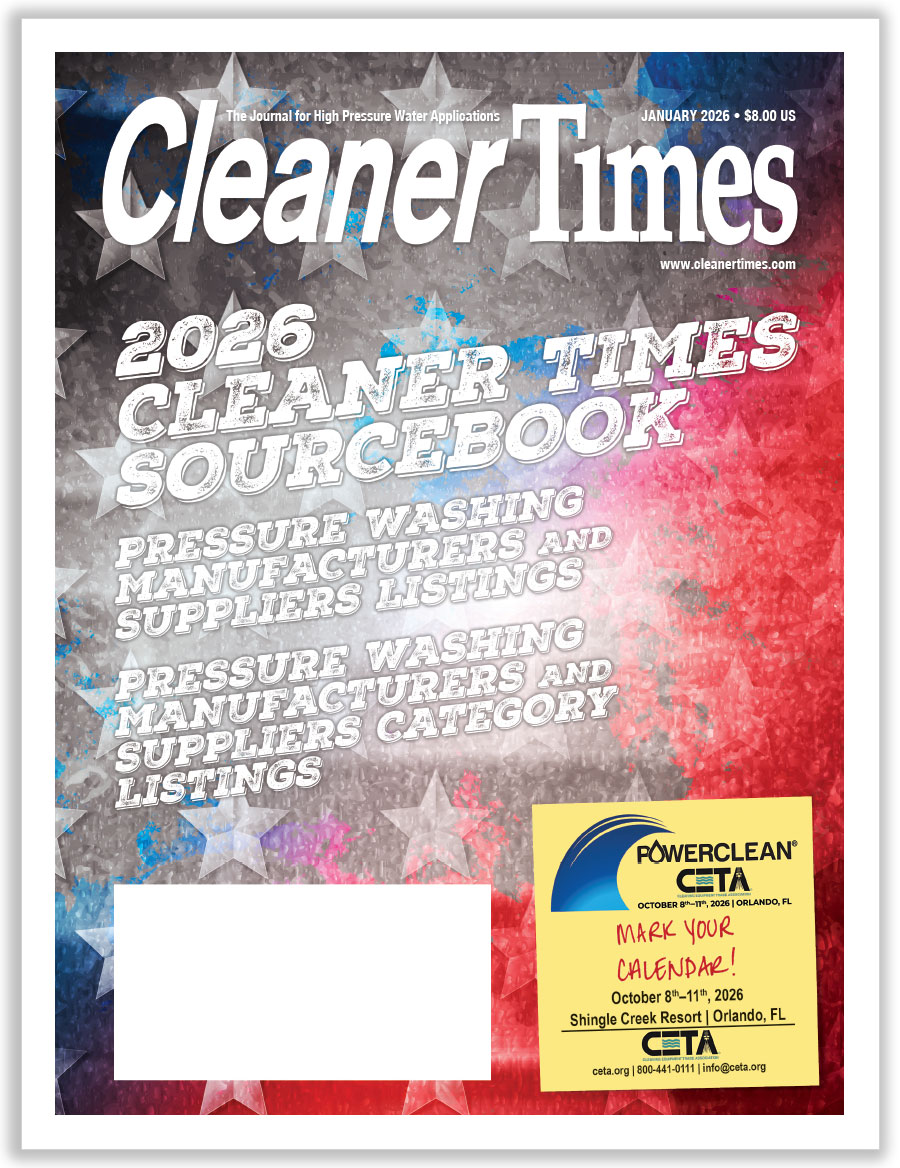
Cleaning Up Your Employee Handbook
By Beth Borrego / Published May 2017

We all know how vital an employee handbook is to both your company and your employees. It helps your company to effectively communicate payroll information and benefits as well as your company’s rules and policies. Your handbook must be carefully written, outlining what’s important and avoiding things that may be in direct conflict with local, state, or even federal laws. Grab your employee handbook because this article is going to focus on several policies that you just might want to avoid.
In regards to terminating an employee, you may not withhold his or her final payroll money pending the return of company property. Did you know that federal law requires employees to receive their final pay no later than the next scheduled payday? You’ll need to check with your individual state because many states have a shorter time requirement than the federal one. Some states require you to pay at the time of termination. Your company is bound by law to pay out the final wages, regardless of whether the company property has been returned.
It is always best to reclaim company property prior to releasing an employee. Depending on your individual state laws regarding deductions from pay, you may or may not be allowed to make limited deductions from a non-exempt employee’s pay for any unreturned equipment. These deductions are prohibited if the employee is classified as exempt. Any deductions made to the employee’s wages may not reduce the pay to below the state’s applicable minimum wage and may not impact overtime pay. Some states prohibit deductions for unreturned equipment, so it is important to check your state laws before implementing and enforcing such a policy.
If an employee works, you must pay him or her. You cannot withhold pay for time worked if an employee arrives to the job, clocks in early, and begins his or her work. You must also pay the employee if he or she stays late to complete assigned tasks. If you have employees who are eligible for overtime, they are considered non-exempt employees. Under the federal Fair Labor Standards Act (FLSA), non-exempt employees must be paid at a rate of one and a half times their regular rate of pay for all hours worked in excess of a 40-hour work week. Check with your state to be sure that over-time is not required under any other circumstances. If a non-exempt employee has worked overtime, you must compensate them at their overtime rate, regardless of whether or not the overtime was preapproved. Employers cannot exempt themselves from having to pay non-exempt employees simply by enacting a policy that is contrary to the state’s wage laws. As the employer, you can discipline an employee for working unauthorized over-time, but you must still pay him or her.
If you plan to ask your staff for documentation upon returning to work after being out sick, keep in mind that some state and local laws may prohibit employers from requesting documentation unless the employee has been sick for three consecutive days or longer. While most leave laws allow employers to ask for documentation, what is contained in that documentation may be limited. Check your state and local laws to make sure that your policy is not in violation of any laws or the employees’ rights. Remember that any policy you institute must be applied consistently, and any information shared with you by your employees should be kept strictly confidential.
It’s important to keep in mind that you should not take adverse action against an employee engaging in an off-duty activity that is legal, even if you have a prohibiting policy. For example, an employee who uses tobacco off duty should not be disciplined for doing so even if you have a smoke-free workplace policy. Check your state laws before determining your company’s legal reach. Honestly, off-duty conduct policies are not best practice policies to begin with.
 Everyone wants their employees to work safely, and certainly your employees don’t want to get hurt on the job. Sometimes companies offer incentives for safe work. If you do this, it’s important to keep in mind that you don’t want to violate OSHA. It is important to always encourage workers to report injuries and near misses. This means that you might need to be creative about how any safety-based incentives are structured. Consider incentives that promote safety improvements, identifying hazards, and the safe keeping of co-workers. In other words, focus on safety participation through improved and alert safety, not the number of days they are accident free.
Everyone wants their employees to work safely, and certainly your employees don’t want to get hurt on the job. Sometimes companies offer incentives for safe work. If you do this, it’s important to keep in mind that you don’t want to violate OSHA. It is important to always encourage workers to report injuries and near misses. This means that you might need to be creative about how any safety-based incentives are structured. Consider incentives that promote safety improvements, identifying hazards, and the safe keeping of co-workers. In other words, focus on safety participation through improved and alert safety, not the number of days they are accident free.
Sometimes it’s frustrating for small business owners when employees discuss their pay with one another. It’s important to remember that it is their right to do so. This is spelled out in section seven of the National Labor Relations Act (NLRA), which is enforced by the National Labor Relations Board (NLRB). Simply put, you cannot prohibit your staff from discussing pay and benefits. This applies to both union and non-union companies. Also, some states prohibit such policies as well. It’s a much better practice to clearly communicate your company compensation and benefit package and to discuss how wages are determined, based upon experience, skills, and the kind of job the employee has.
For many, social media has had a significant impact on their business, resulting in an increase in revenue and also in online reviews. Social media activity can impact your business in ways that you can’t control. Included in this is how your staff uses social media to discuss working conditions. It’s important to note that social media policies may not restrict the employees in any way that would violate their rights under section seven of the NLRA. This could happen if the employee is prevented from participating in an activity out of fear of discipline or dismissal. Make sure that your social media policy provides sufficient details outlining what is and is not allowed, and also make clear that the policy doesn’t apply to wages or working conditions.
If you are currently using the term “probationary period,” “introductory period,” or “training period” in your manual, you might want to consider the implications of the term. Many states are “at-will” states, meaning that either the employer or the employee can end the relationship at any time without just cause. Unless you are modifying that situation, avoid creating the perception that an employee cannot be released without a proven cause after that period. Additionally, you don’t want a new hire thinking he or she is under discipline the day he or she is hired, which could be construed with the use of the word “probation.” It’s far better to discuss your training program and to provide continual feedback as the employee trains to help ensure his or her success. Thoroughly explain what he or she needs to do to meet or exceed your performance expectations.
While it is true that discipline often takes a progressive, multi-step approach, it is also true that it is not always possible to do so. Not all circumstances are alike, and employers often need to be flexible based upon the facts in each case. Improperly written policies locking you into a course of action by stipulating that first the employee will be given a verbal warning and then a written warning before termination are unnecessarily restrictive. It’s better to state that policy violations may result in discipline up to and including termination and that the company reserves the right to decide upon the appropriate action based upon each individual situation.
The EEOC has taken the stance that requiring workers to speak only English at all times, including breaks and meal time in the workplace, violates federal law. This language restriction may only be required if it is necessary for the operation of the business. If you believe that speaking English only is reasonable for your business, seek legal advice. It may be deemed appropriate for safe operation of equipment, for example.
It’s difficult to navigate federal, state, and local laws when you’re considering policies for your handbook and how to craft them. Seeking the advice of a professional can save your company money and help shield you from major headaches.





